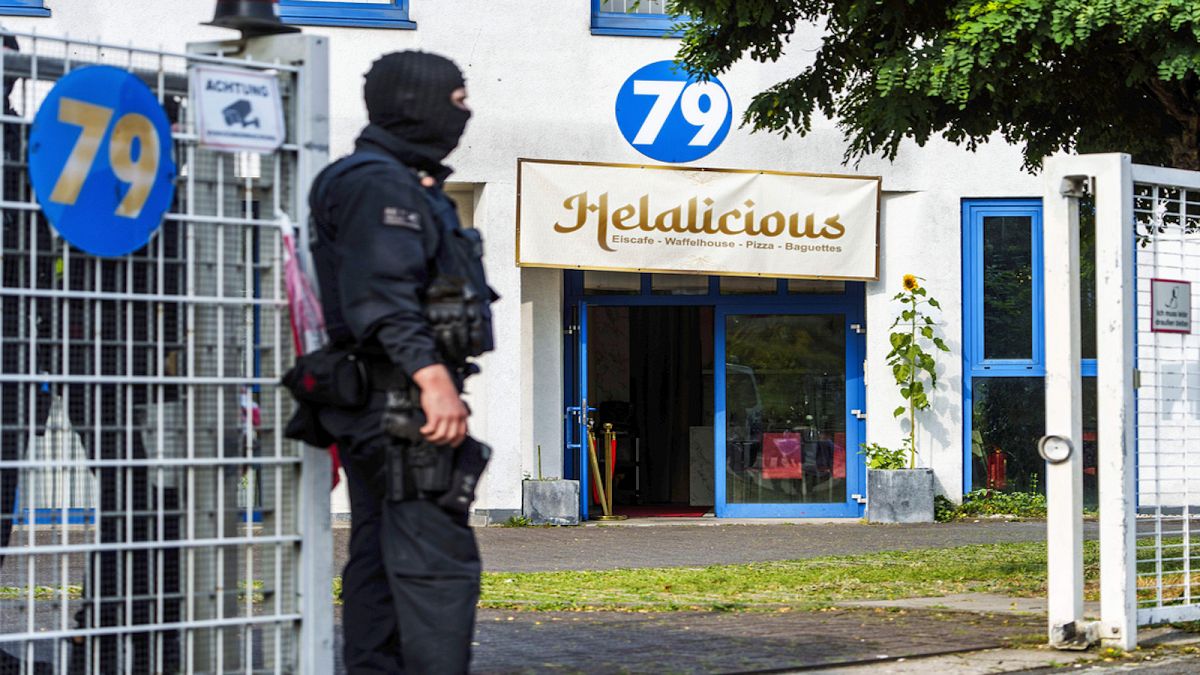Five other related groups and associations around Germany were also shut down.
The German government banned an organisation accused of acting as an "outpost" for Iran's theocracy, promoting its ideology, and supporting Hezbollah, the militant group based in Lebanon. Police conducted raids at 53 locations across the country, including an important mosque in Hamburg.
The ban targets the Islamic Center Hamburg (IZH) and five affiliated organisations throughout Germany, following investigations that began in November. Interior Minister Nancy Faeser stated that evidence from the investigation “confirmed the serious suspicions to such a degree that we ordered the ban today.”
Faeser emphasised that the IZH “promotes an Islamist-extremist, totalitarian ideology in Germany,” and that it and its suborganisations “support Hezbollah terrorists and propagate aggressive antisemitism.”
The Interior Ministry explained that as Iran’s “Supreme Leader of the Islamic Revolution” representative in Germany, the IZH aggressively disseminates revolutionary ideology with the intent of inciting such a revolution in Germany.
The Imam Ali Mosque in Hamburg, known for its blue tiles and the group's primary site, was among the properties raided. Similar raids took place in Berlin and six other German states.
The IZH has been under scrutiny by Germany's domestic intelligence agency, which identified it in its 2023 annual report as Iran's most significant representative in Germany, aside from the embassy. Despite calls for its ban over the years, reliable membership or supporter figures remain difficult to pin point.
The Interior Ministry announced that, due to the ban, four Shiite mosques in Germany would be closed and the IZH’s assets seized. There are an estimated 150 to 200 Shiite congregations in Germany, and the ministry clarified that their actions were not against a religion.
Last fall, the IZH stated it “condemns every form of violence and extremism and has always advocated peace, tolerance and interreligious dialogue.” However, the Interior Ministry maintained that investigations proved the IZH’s activities were not solely religious and opposed Germany's constitutional order.
Germany's main Jewish organiation supported the ban, with Josef Schuster, president of the Central Council of Jews, stating that Iran's regime and its allies aim to destroy democracy and Western lifestyles.
Hezbollah, banned in Germany, has been engaged in frequent exchanges of fire with Israel across the Lebanon-Israel border since the Israel-Hamas war in Gaza erupted in October












